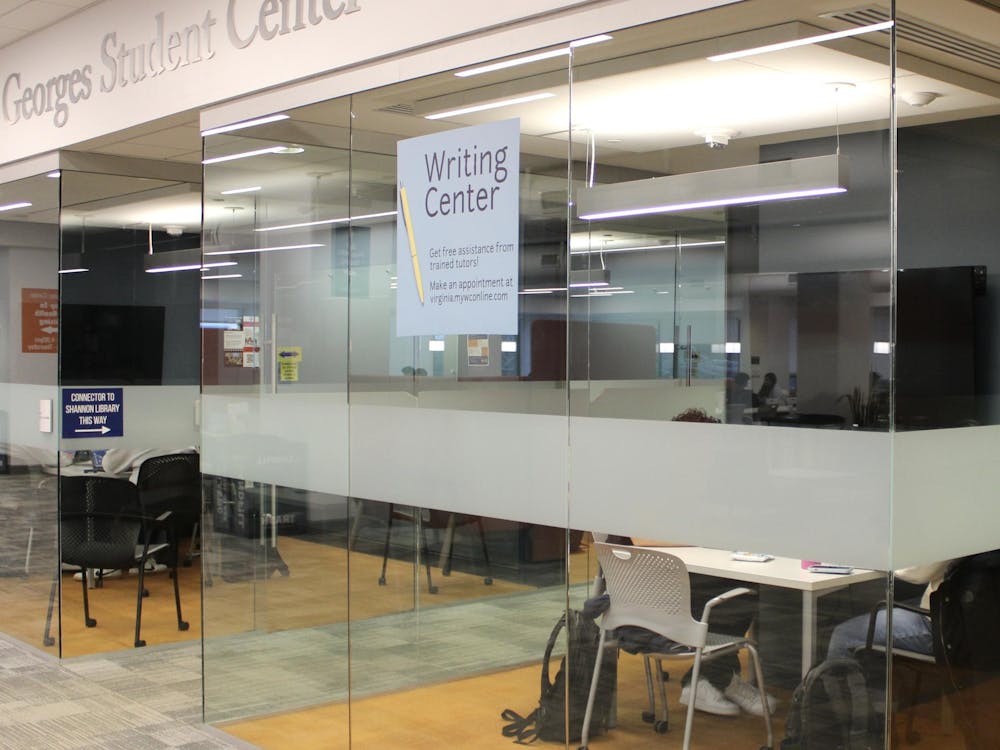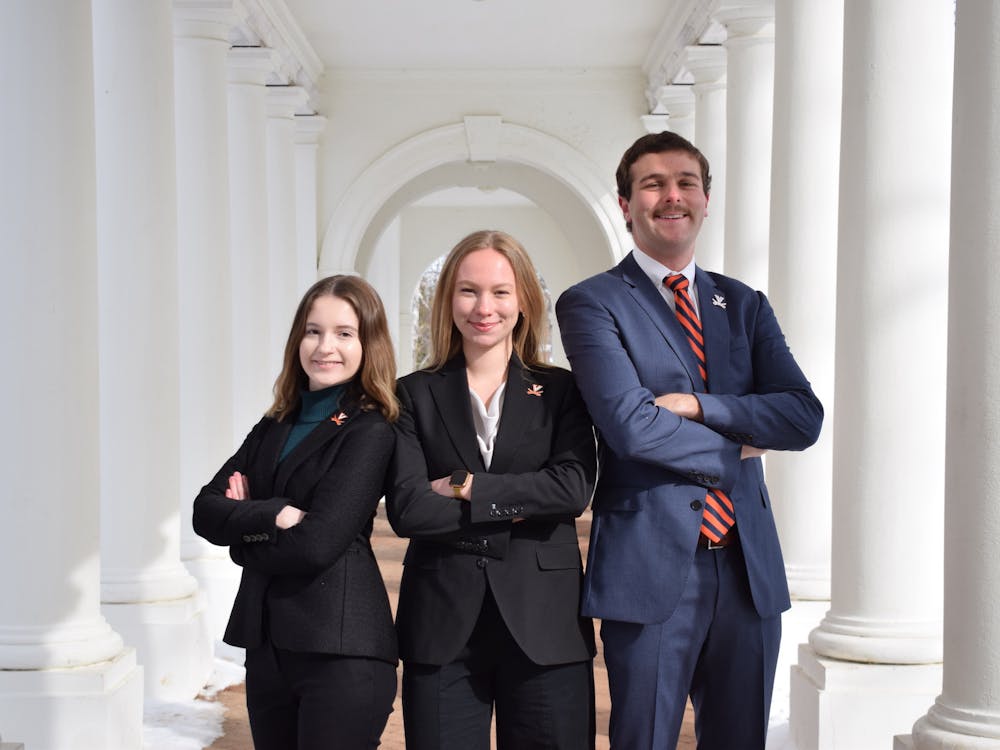Former University Environmental Sciences Prof. Michael Mann received permission from a Virginia judge Tuesday to participate directly in a court case concerning a request for access to emails about climate change research he conducted while at the University.
The American Tradition Institute, a conservative think tank, filed a Freedom of Information Act request to gain access to Mann's emails in January. These emails detail his "hockey stick graph" research, which shows a sharp spike in global temperatures as a result of increased carbon emissions.
That action came on the heels of Virginia Attorney General and University alumnus Ken Cuccinelli's unsuccessful attempt to gain access to the research in his own lawsuit.
Mann, who taught at the University from 1999 to 2005 and is now a professor at Pennsylvania State University, considers the decision a major victory for his case.
"This is a very good day for me, for my fellow scientists across the country who might fear that they could be subject to similar intimidation tactics," he said in an email.
David Schnare, director of the Environmental Law Center at ATI, maintains that Mann should not be involved in the case, which originally only involved ATI and the University. "This case is about the balance between the Freedom of Information Act and academic freedom," Schnare said. "We can go to the appellate court and get this solidified - just what right must a person have to intervene [in the case]?""
Prince William County Circuit Court Judge Gaylord Finch also granted a University motion to modify a protective order between ATI and the University. The University considers 12,000 of Mann's emails exempt under FOIA.
The two parties had originally agreed that lawyers for ATI could review the emails and submit to the judge for review those which they believed not to be exempt.
The University came under pressure from colleges across the country as well as from other concerned organizations to try to restructure the review process, University Associate General Counsel Richard Kast said.
The University was concerned that ATI lawyers would be involved in the case while deciding which emails to give to Finch.
"We made several proposals which we thought would work in lieu of the protective order," Kast said. "[ATI] would agree with no mechanism which would not have led to their review of the documents."
Schnare said both sides reached an impasse, which caused Finch to reject the original agreement.
"The parties were no longer in a position to do the job [of deciding who would go through the emails]," Schnare said.
Finch ordered the University and ATI to agree on a neutral third party to review the emails and determine whether they are subject to FOIA by Dec. 20, or else Finch will choose the third party himself.
Many groups who support Mann feel the ruling was positive for not only Mann, but also research scientists across the country.
In a statement released by the Union of Concerned Scientists, Michael Halpern, scientific integrity program manager for the union, said, "Chalk up a win for scientists in Virginia and for all of us who benefit from their discoveries"






